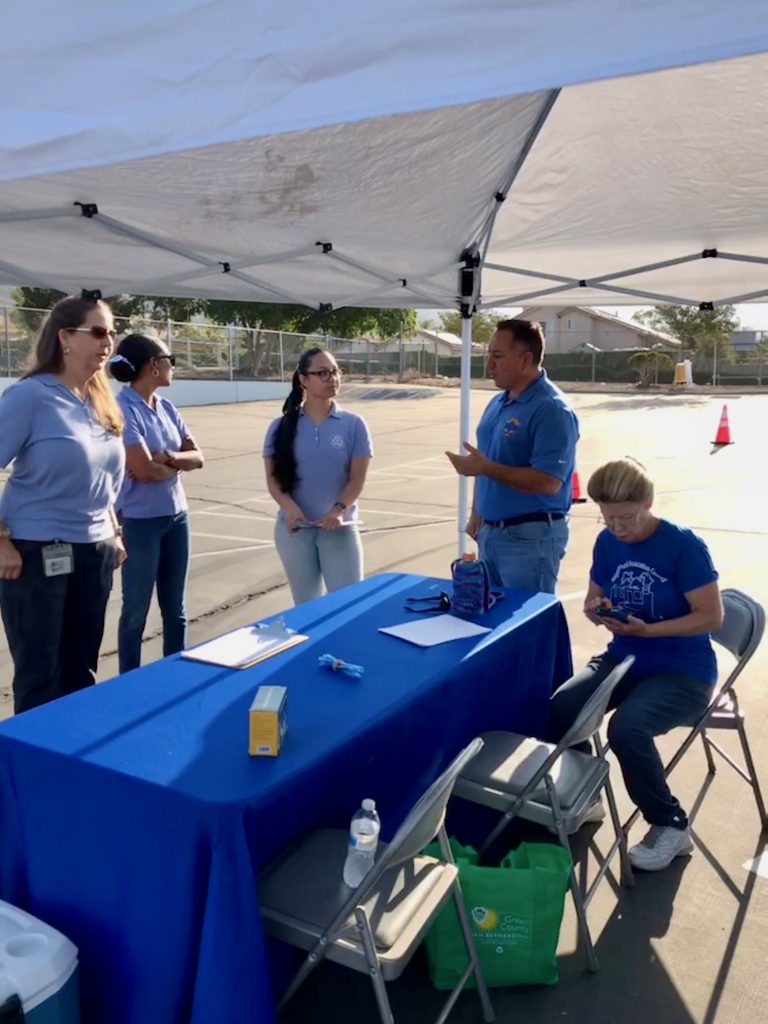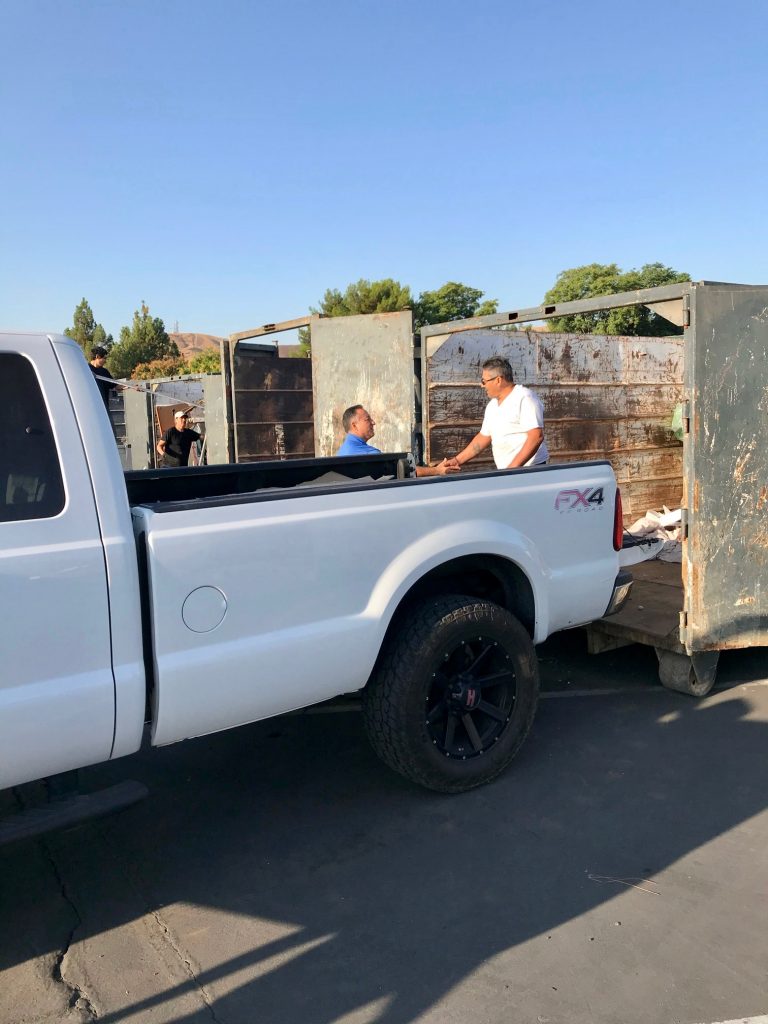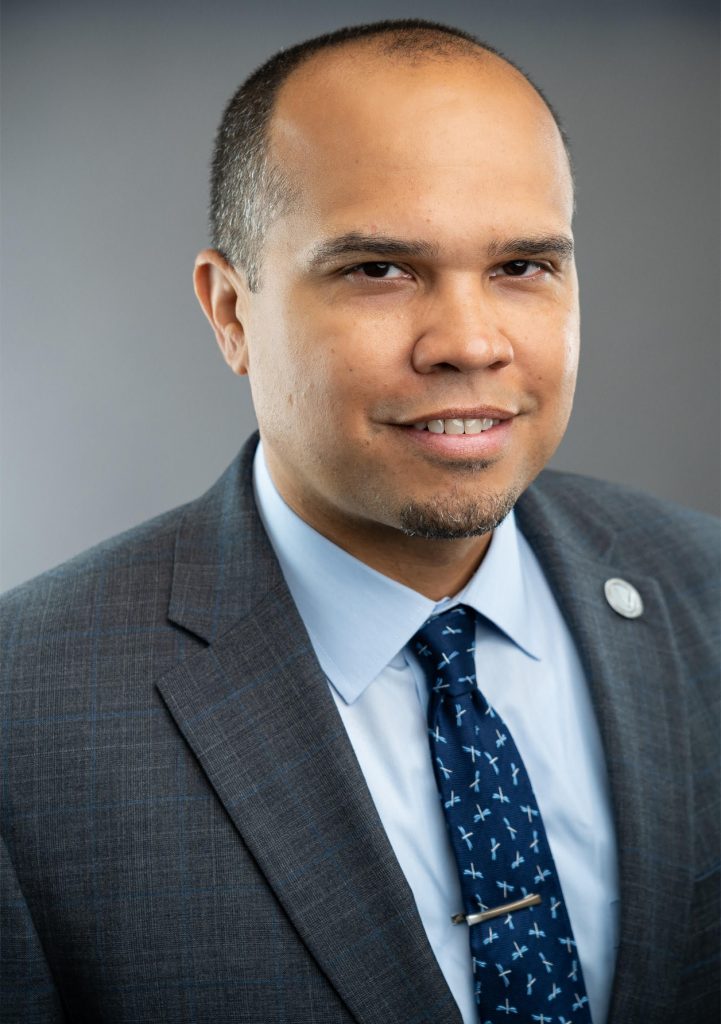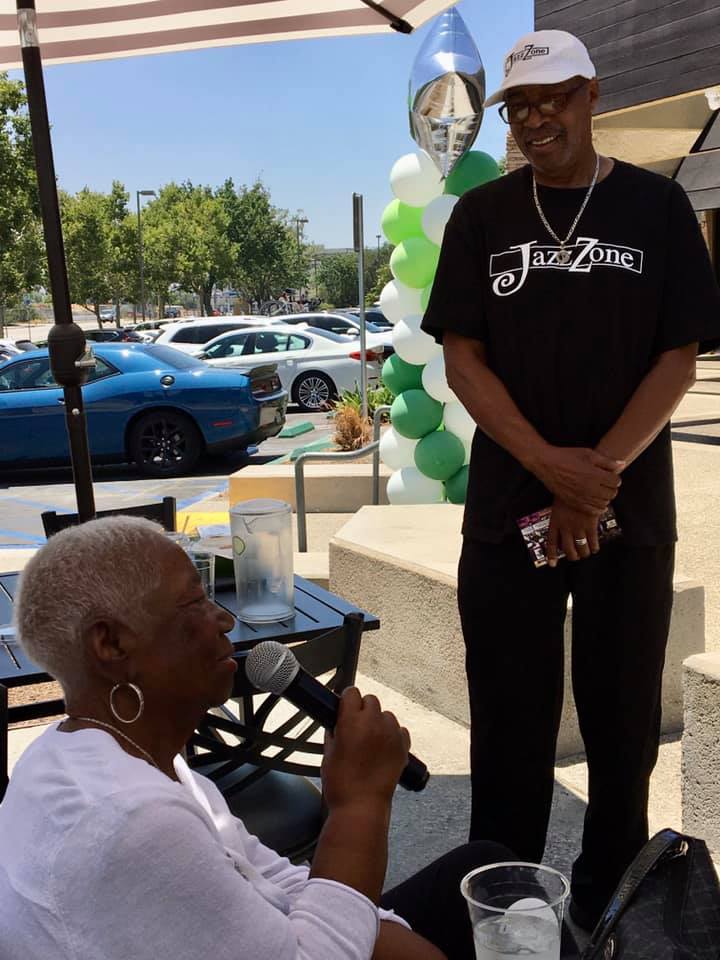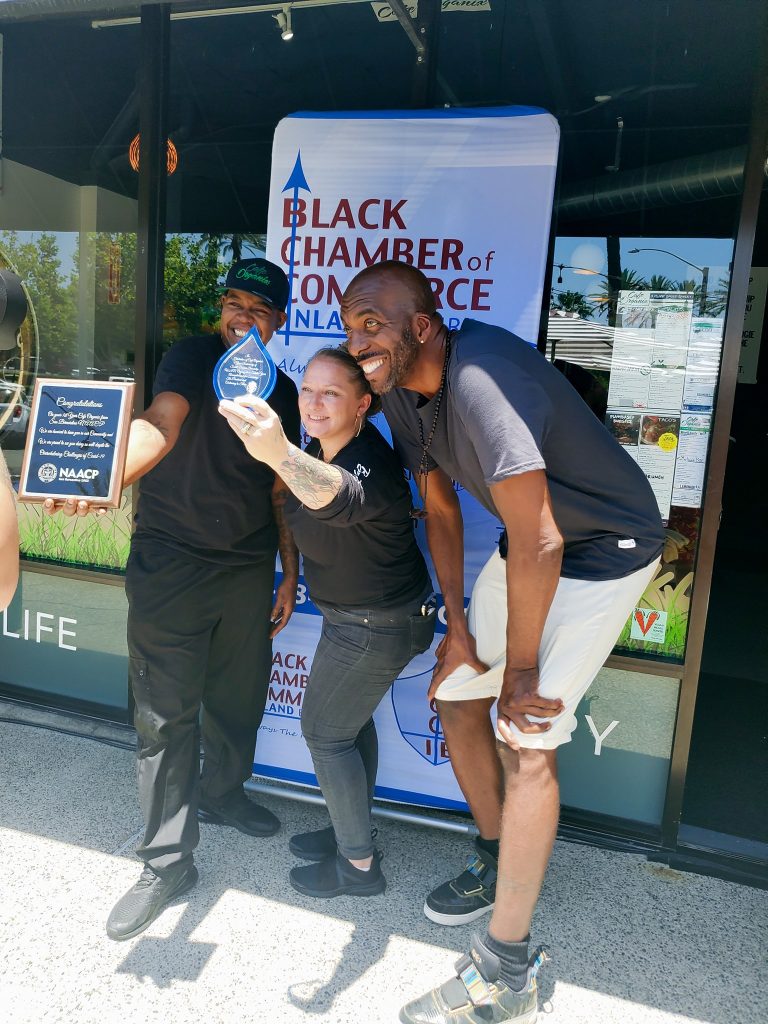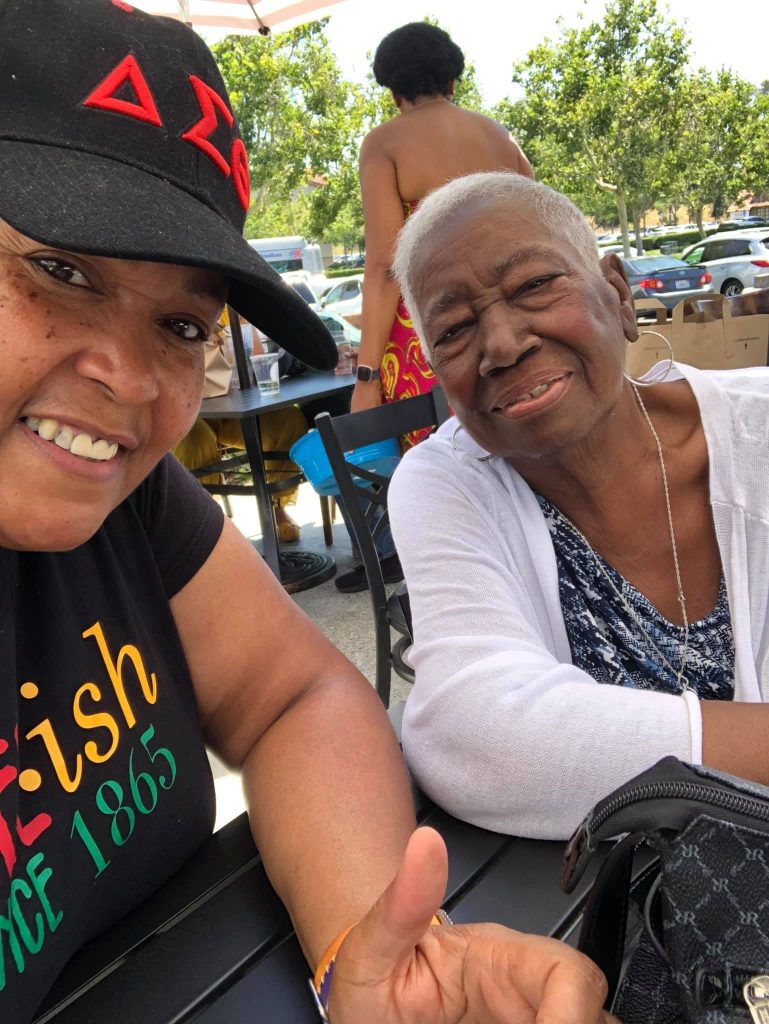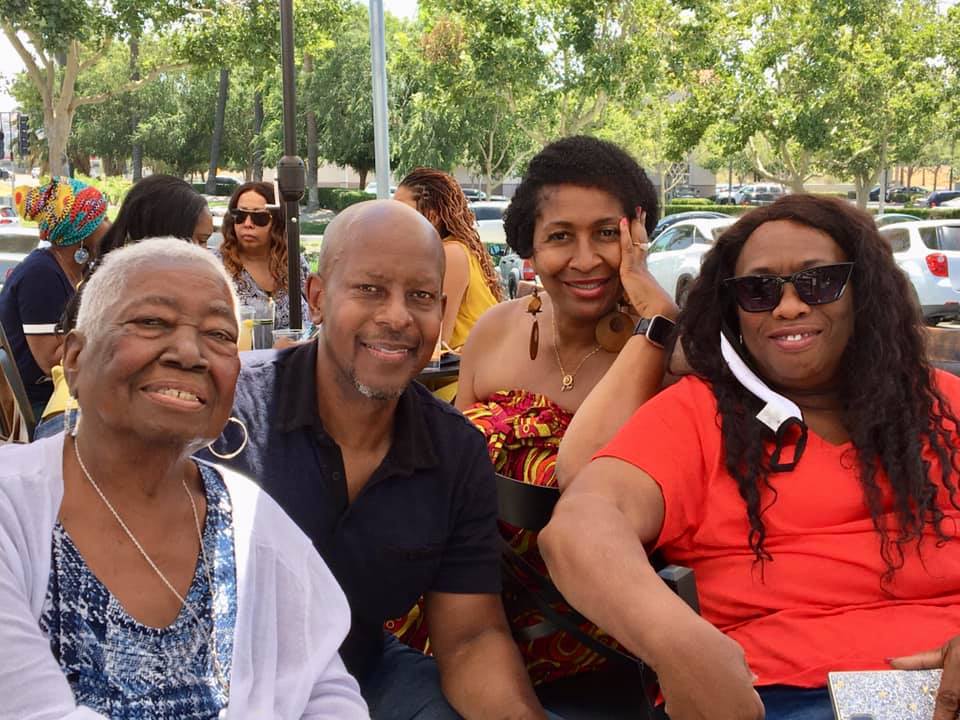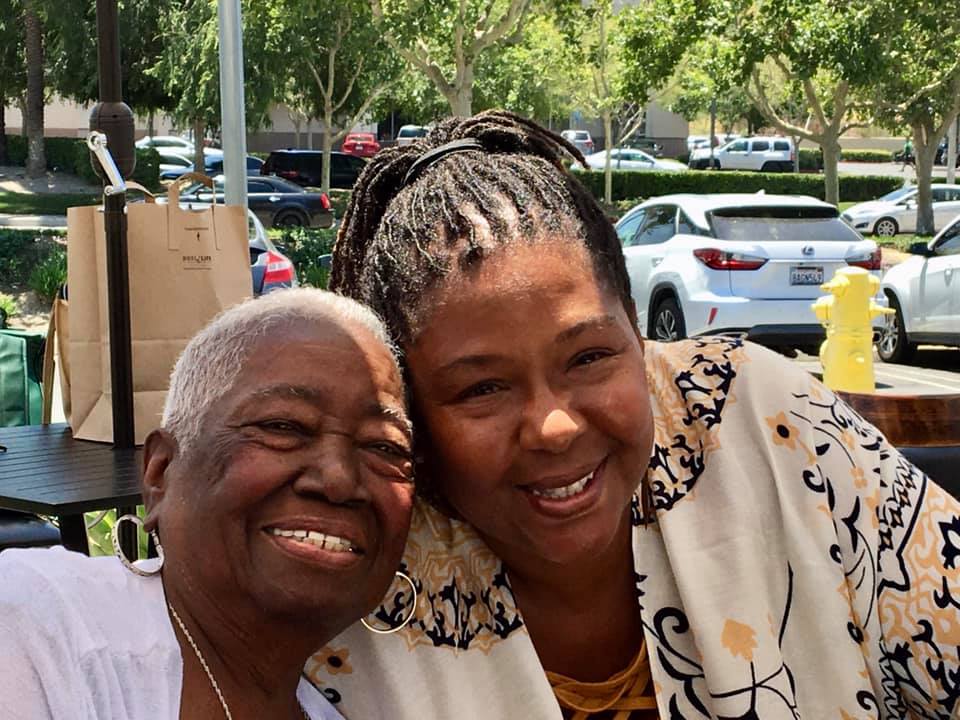By Stephanie Fox, Navy Office of Community Outreach
NEWPORT, R.I. – Lt. Ruben Gutierrez, a native of San Bernardino, California, joined the Navy as a way to gain valuable life experiences around the world and continue the family tradition of military service.
“I come from a family of veterans,” said Gutierrez. “A Navy recruiter had come to my school and asked if I’d thought about joining the Navy. He told me they had a really cool rate that were like military police officers who could drive small, fast boats and shoot guns.”
Now, 18 years later, Gutierrez serves as the security officer for Naval Station (NAVSTA) Newport, located in Newport, Rhode Island.
“I’m in charge of force protection and protecting the installation,” Gutierrez said. “I make sure we are properly manned, trained and equipped to defend the installation.”
Growing up in San Bernardino, Gutierrez attended San Gorgonio High School and graduated in 2003. Today, he uses the same skills and values learned in San Bernardino to succeed in the military.
“Growing up, I learned to appreciate loyalty and resiliency and that’s what got me through my younger years,” Gutierrez said.
Those lessons have helped Gutierrez while serving at NAVSTA Newport.
Home to 50 Navy, Marine Corps Coast Guard and U.S. Army Reserve commands and activities, NAVSTA Newport’s mission is to fulfill the diverse requirements of its tenant commands by providing the facilities and infrastructure that are essential to their optimum performance.
Thousands of students pass through NAVSTA Newport’s on-base schools from all parts of the United States and many free nations around the world. These schools include the Navy Supply Corps School, the Center for Service Support, the U.S. Marine Corps Aviation Logistics School and the prestigious Naval War College. For this reason, the base is the Navy’s premier site for training officers, officer candidates, senior enlisted personnel and midshipman candidates, as well as testing and evaluating advanced undersea warfare and development systems.
With more than 90 percent of all trade traveling by sea, and 95 percent of the world’s international phone and internet traffic carried through fiber optic cables lying on the ocean floor, Navy officials continue to emphasize that the prosperity and security of the United States is directly linked to a strong and ready Navy.
According to Chief of Naval Operations Adm. Mike Gilday, four priorities will focus efforts on sailors, readiness, capabilities and capacity.
“For 245 years, in both calm and rough waters, our Navy has stood the watch to protect the homeland, preserve freedom of the seas, and defend our way of life,” said Gilday. “The decisions and investments we make this decade will set the maritime balance of power for the rest of this century. We can accept nothing less than success.”
Serving as a sailor and contributing to the Navy the Nation needs requires a combination of dedication and sacrifice, but Gutierrez believes the accomplishments achieved along the way make the hard work worth it.
“It makes me proud every time I’m able to re-enlist one of our outstanding sailors,” said Gutierrez. “It’s a highlight of my career every time.”
As Gutierrez and his fellow sailors continue to train and carry out their assigned duties, they take pride in serving their country in the United States Navy.
“It’s an opportunity to do my part to make a better future for both my family and my country,” added Gutierrez.
 Westside Story Newspaper – Online The News of The Empire – Sharing the Quest for Excellence
Westside Story Newspaper – Online The News of The Empire – Sharing the Quest for Excellence
